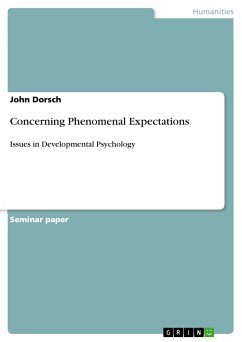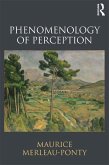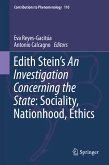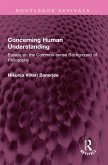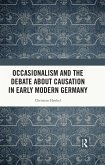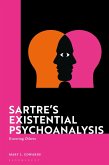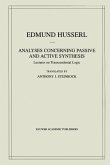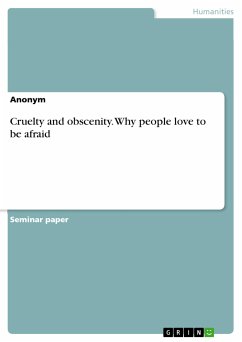Seminar paper from the year 2016 in the subject Philosophy - Philosophy of the 20th century, grade: 1,0, University of Tubingen, language: English, abstract: Dishabituation experiments that involve an increase in the duration of longer looking times of infants have been argued to entail core knowledge. Despite how one chooses to understand the results of these experiments and whether or not core knowledge is needed to describe and explain them, what is needed is a theory that explains why infants find a state of affairs more novel and why infants behave as they do. This theory would account for infants' expectations. In his forthcoming publication, Stephen Butterfill suggest a theory based on what he calls phenomenal expectations. Butterfill maintains that phenomenal expectations not only describe and explain infants' behavior in anticipatory looking experiments, but also they are able to overcome Davidson's challenge of providing a middle-ground between propositional thought and mindless behavior. I begin by introducing the discussion concerning dishabituation experiments, core knowledge and phenomenal expectation, then I investigate the significance of phenomenal expectations integrated into theories of perception and test whether phenomenal expectations overcome Davidson's challenge.
Dieser Download kann aus rechtlichen Gründen nur mit Rechnungsadresse in A, B, BG, CY, CZ, D, DK, EW, E, FIN, F, GR, HR, H, IRL, I, LT, L, LR, M, NL, PL, P, R, S, SLO, SK ausgeliefert werden.

